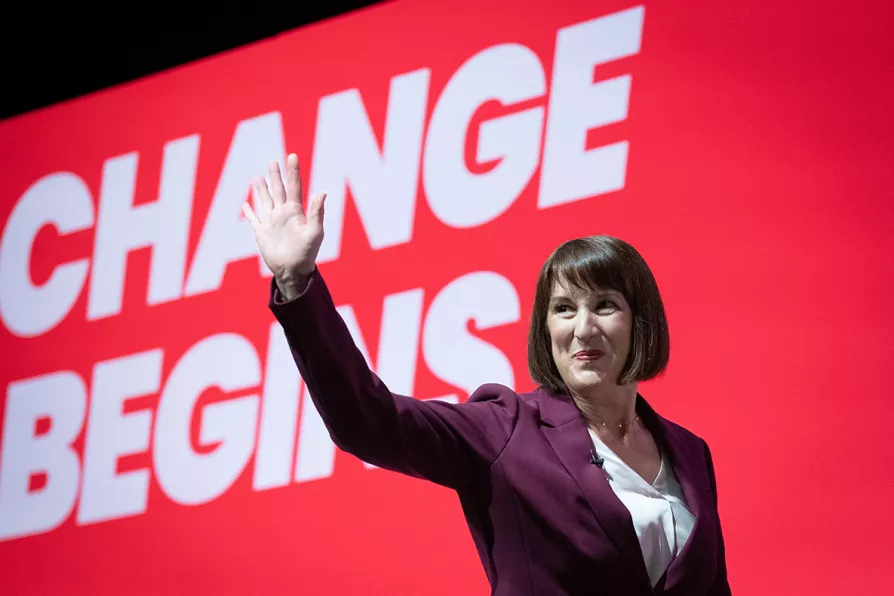Channel 4’s Dirty Business shows why private companies cannot be trusted with vital services like water, says PAUL DONOVAN

 Chancellor of the Exchequer, Rachel Reeves takes applause after she addressed the Labour Party Conference in Liverpool, September 23, 2024
Chancellor of the Exchequer, Rachel Reeves takes applause after she addressed the Labour Party Conference in Liverpool, September 23, 2024
GIVE us a break, Sir Keir Starmer and Rachel Reeves! You both go on and on about having to make so many “difficult decisions,” repeating the point at every opportunity, yet you haven’t made a decision that’s really difficult yet.
You might have been worried that some of the press would find fault with the pay rise for doctors and teachers, but in reality, it was a no-brainer. Ending the possibility of strikes, which affected just about everyone, could hardly be described as a “difficult” choice.
As for the other decisions, unfair, idiotic and injudicious might suffice as adequate adjectives, but not “difficult.” In what way was refusing to scrap the two-child benefit cap difficult? The victims were hardly going to arrange transport from all over the country and stage a million-strong march on Whitehall.
The worst that could happen was a few angry letters in the press, written to offer sympathy to the millions of people struggling to make ends meet and who should be on the receiving end of increased benefits from any Labour government worthy of such a description.
Why, it would even present an opportunity for our new Prime Minister to show how tough he is and suspend any MP silly enough to think that a Labour government should actually be helping the poorest people in the country.
Similarly, with the limiting of winter fuel payments; the poorest do not have the means to make life awkward for a new government, and for all the criticism in the press, it’s not an issue which, after the initial so-called outrage, attracts much mainstream media attention for too long. As for Lisa Nandy’s “run on the pound” comment, all that did was to show the Tories don’t have a monopoly on taking voters for fools.
Difficult decisions impact those with economic and political power. At the start of the election campaign, the sensible proposal was for windfall taxes on the obscene profits made by banks during the inflation crisis by holding down savings rates, like some of the other parties did.
Ninety-nine per cent of the population would have approved, but it was too difficult for Labour; what if some banks threatened to move, take their headquarters out of the City?
Same with bankers’ bonuses: it would have been hugely popular to have them capped after the Tories caved in to the banks’ lobbying, but Labour, after all of its vehement protests months earlier, U-turned. Some CEOs might have complained to their new buddies in government, saying, as they have done for years, that they were worried about losing their “best people.”
Equalisation of capital gains and income tax? What if some rich people threatened to leave? Difficult to know whether to accept all those freebies?
I don’t think so, as it’s been happening for years: supposedly keen to lead from the front and establish a zero-tolerance culture, Starmer is known to have accepted hospitality worth £3,716 to watch the Epsom Derby last year at a time when he should have been planning legislation to ban all such enticement.
Making it worse is the fact that the Labour Party has taken £400,000 since 2020 from the gambling industry, when stricter betting regulation should have figured prominently in Labour’s manifesto. Reeves was one of the 12 MPs who used parliamentary expenses to claim for professional accountancy advice to help with tax returns.
Carry on being too cowardly to make the truly difficult decisions, and Labour can say goodbye to a second term of office.

Labour’s pop-loving front bench have snaffled up even more music tickets worth thousands apiece, reports SOLOMON HUGHES













